Summary
- Platformers are my favourite genre, but I strangely never clicked with Croc like everyone else.
- That being said, I still cheered when it was confirmed the loveable crocodile was making a long-awaited return.
- From what I’ve played, the remaster keeps the charm and vibes of the original while making some big gameplay improvements.
As I’ve made clear on multiple occasions now, platformers have always been my all-time favourite video game genre. While I’m a smidge younger than most of TheGamer team, my love for hopping around as brightly-coloured characters and nabbing everything that hasn’t been nailed down started with my very first console – the original PlayStation.
Classics like Crash Bandicoot, Rayman, Ape Escape, Klonoa, Pac-Man World, and many more all played a pivotal role in my fondness for platformers, and while I like to think I’ve mastered most of the console’s catalogue of collectathons, there are some notable gaps in my knowledge. Case in point, Croc: Legend of the Gobbos.
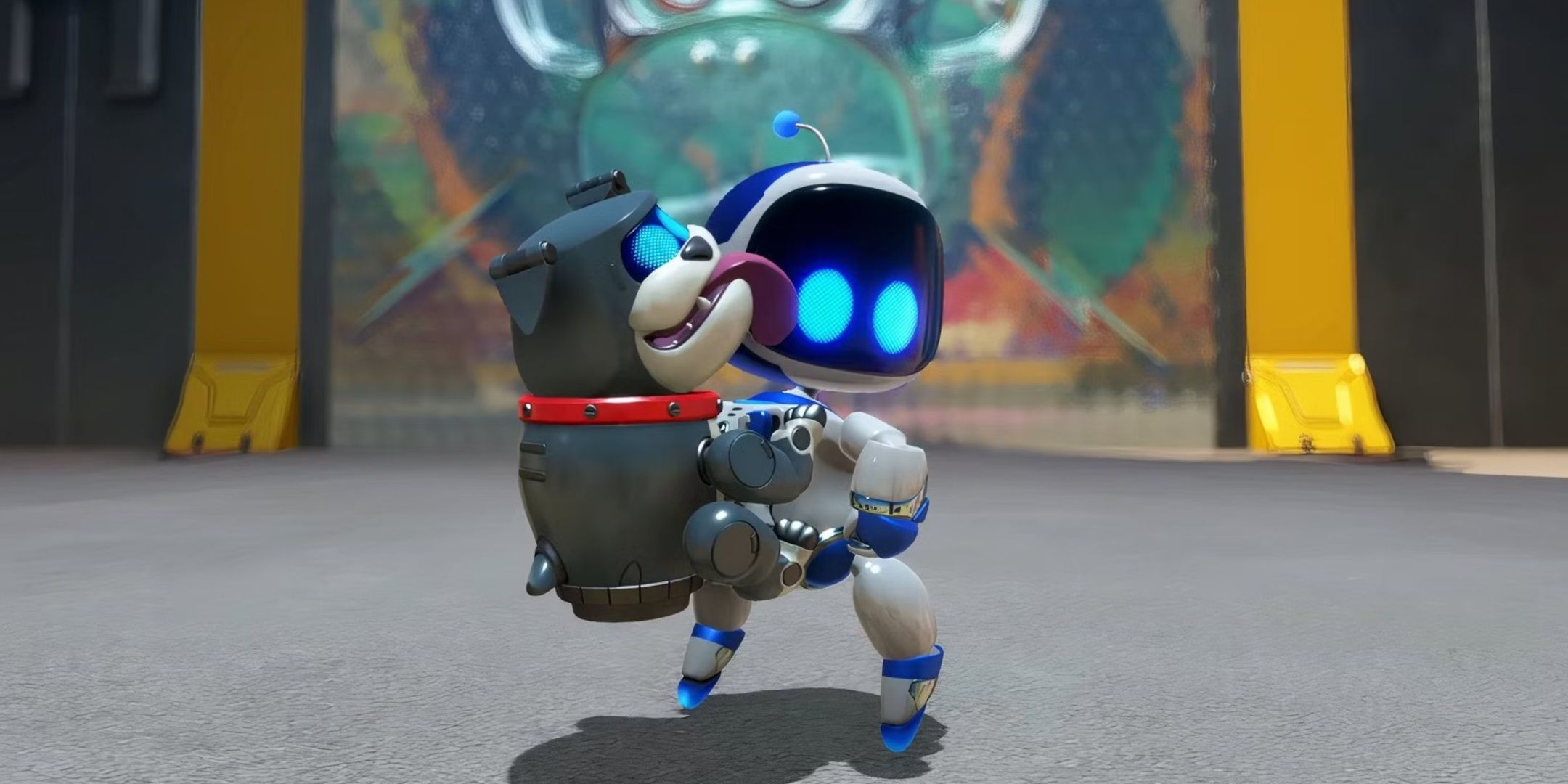
Related
Please Don’t Let Astro Bot Become A Live Service
Sony needs to learn the right lessons from Astro Bot’s post-launch success.
Despite ticking all the boxes for what makes a great platformer and having one of the most loveable protagonists in gaming history, I never quite clicked with Croc. I gave it the old primary school try back in the day, but it never left a lasting impression on me outside of its incredibly jazzy main menu theme.
A Revival That’s Jam-Packed With Love
Even if I’ve never been the biggest Croc-head in the world, I still cheered “KERSPLAT” with all my heart when his remastered return was announced to kick off the revival of Argonauts Studio. Croc undoubtedly meant a lot to most platforming fans, so I was eager to see if time had refined my tastes at all.
Before jumping into the game, though, I had a big problem – leaving the main menu. This was in part because of the sickeningly catchy theme song, but also thanks to one of the remaster’s big new additions – the Crocipedia. This treasure trove of Croc’s history includes artwork, design docs, test animations, and even unused music showcasing the love and work that went into the retro reptile’s first outing.
The Crocipedia also gives us our best look yet at the proposed cartoon based on the first game, which is a nice look at what might have been if things went differently.
The progress-halting main menu is also home to a surprising suite of graphical options where you can customise the remaster to your liking, including changing the textures, character models, and lighting to either resemble the original release or have all the modern improvements you’d expect. No matter your choice, Croc maintains the bright and cheerful visuals intact without repeating the furry mistakes of Crash Bandicoot and Spyro’s revivals.
The Perfect Implementation Of Modern Controls
I was already impressed with Legend of the Gobbos HD before jumping into the first world, a feeling which only grew stronger when I started playing for realsies. Beyond Croc’s simple platforming and level design being a breath of fresh air in an era that’s only just starting to embrace retro platformers again, the most impressive thing about this remaster is its implementation of modern controls.
Thanks to the first PlayStation controller lacking analogue sticks, Croc had to settle for the D-Pad and ended up moving like a tank akin to Resident Evil. It worked well enough at the time, but is undeniably outdated and hard to go back to.
Which makes the remaster’s removal of said controls a godsend, making Croc far less frustrating and more fast-paced to play than ever before. Positioning and turning Croc is a thing of the past now as you can now make any jump with ease without worrying about which angle you need to take in order to avoid plummeting into pools of lava.
You can actually go back to the tank controls at any time by simply using the D-Pad, but I wouldn’t recommend it.
A Simplistic Platformer That’s Lost None Of Its Charm
While the exorcism of tank controls is a positive addition, it does make the experience a whole lot easier. Legend of the Gobbos was never a particularly difficult game, but taking away that small learning curve makes levels fly by at a blistering pace, even when collecting everything in each of the levels I played.
Outside of the updated controls, Legend of the Gobbos is exactly how you remember it – an easygoing platformer with a simple but satisfying moveset, charming visuals and characters, excellent music, and surprisingly layered level design with plenty of secrets to find. That level design is probably what stood out the most to me this time around, as each stage is smartly crafted and has a surprising number of doodads to collect.
Croc isn’t the most unique or complicated game in the genre, especially after 18 years, but it never has been. My time with the remaster was sadly short lived, but the clever balance of improvements was enough to make me believe that my return to the series is going to make me the Croc fan I’ve always wanted to be.
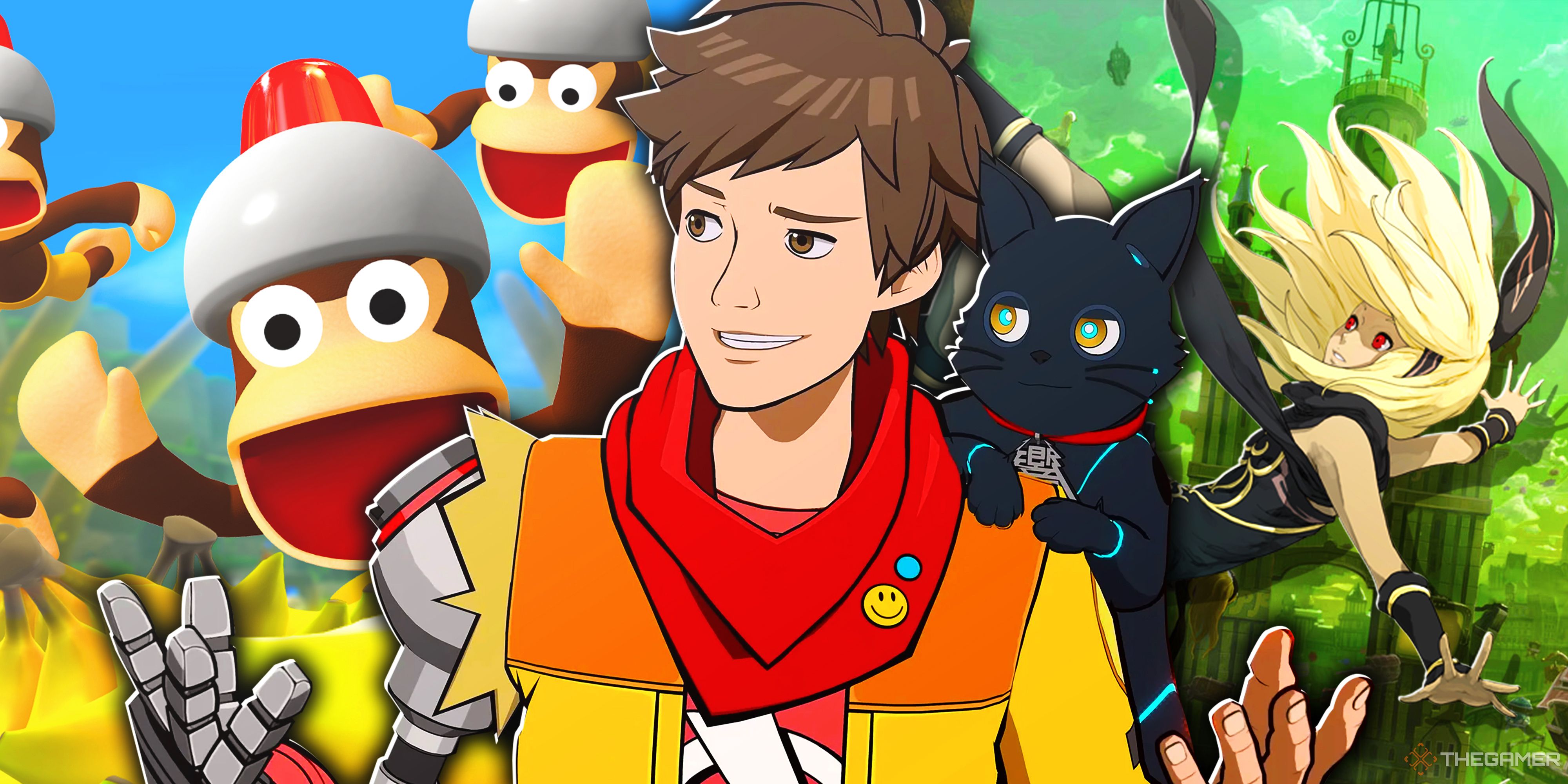
Next
The Double-A Market Didn’t Disappear, It Got Killed
Astro Bot’s success shows that gaming needs mid-budget games.
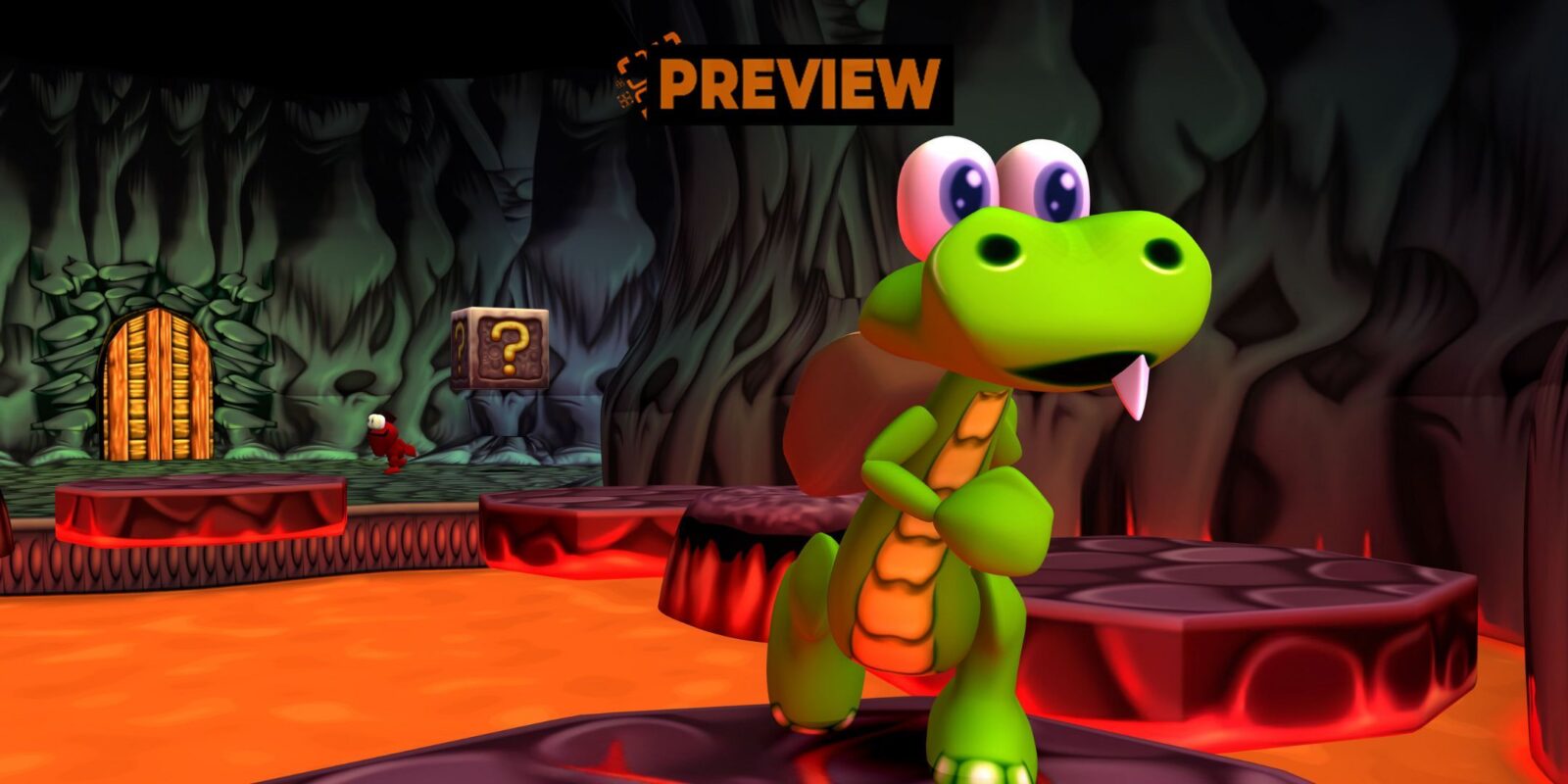

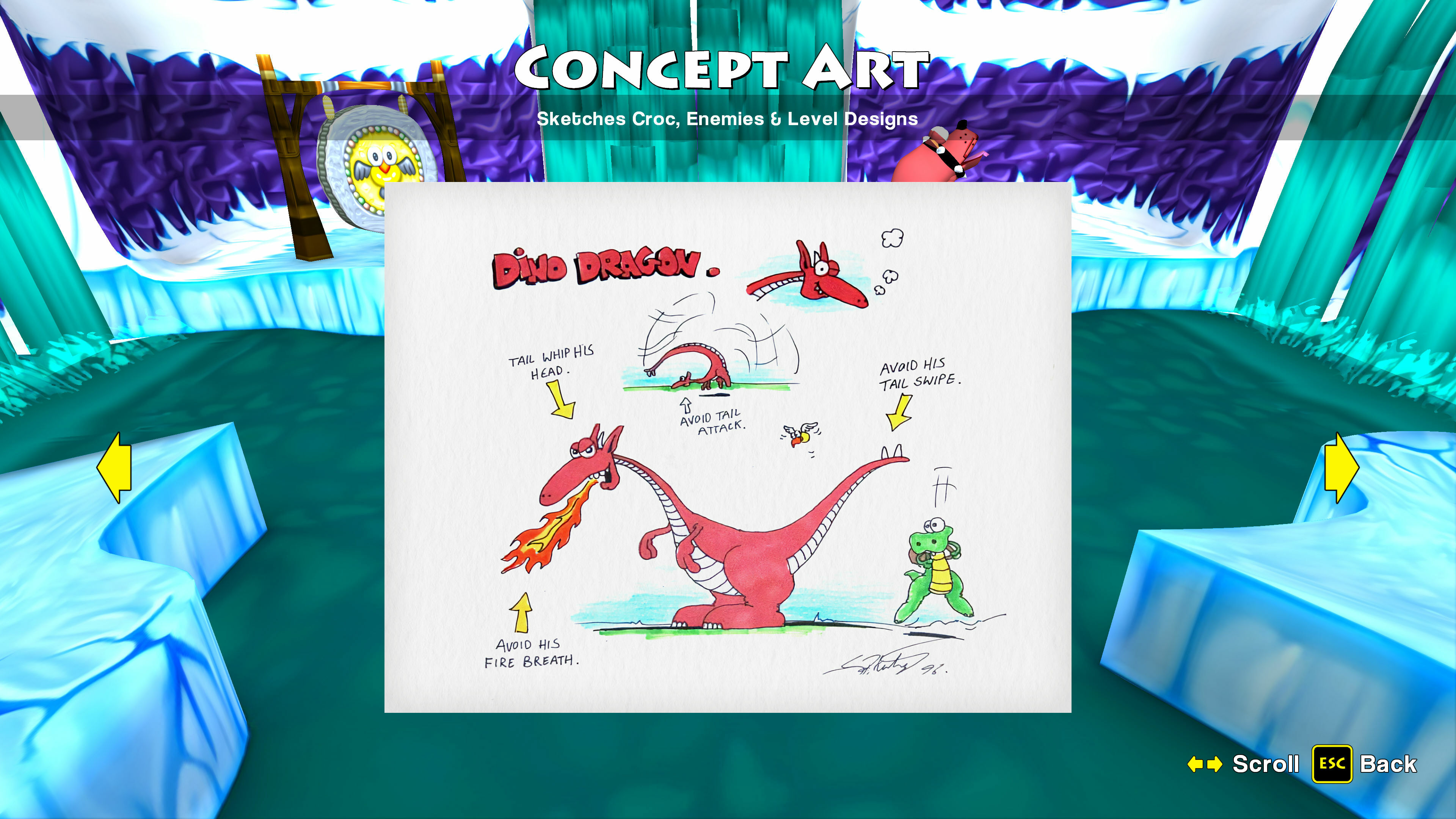






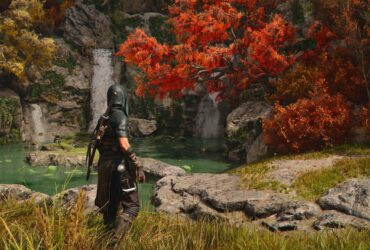


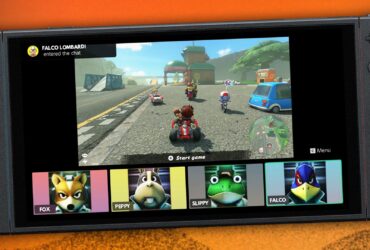

Leave a Reply